During the late 1700s, when the Colonies were engaged in war against the British, battles, kidnappings, and gut-wrenching conflicts were part of everyday life.
But did you know that George Washington actually planned to kidnap a British heir toward the end of the Revolutionary War?
Kidnapping During the Revolutionary War

The Revolutionary War, often referred to as the American War of Independence, paved the way to allow the U.S. to become the free nation that it is today.
Over an eight-year period, from 1775 to 1783, the 13 colonies went to war against the Crown, eventually earning independence. During the period, kidnappings of high-ranking British officials were frequent.
Washington Applauds Kidnapping Plan

Speaking in 1778, the future first president of the United States, George Washington, approved of the plot to try and kidnap British commander-in-chief Henry Clinton.
“I think it one of the most desirable and honorable things imaginable taking him prisoner,” he wrote (via All Things Liberty).
Future President Almost Kidnapped
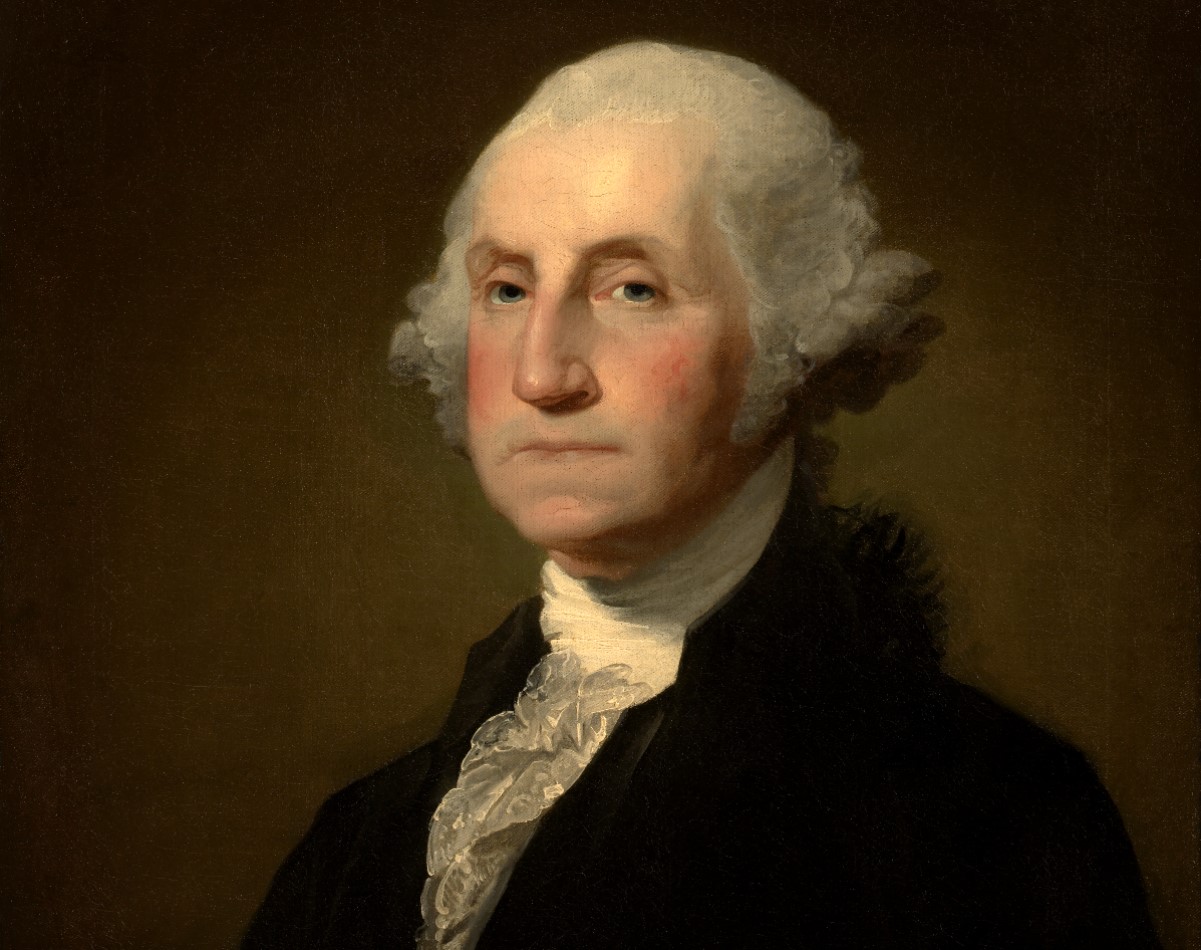
Kidnappings had become so frequent that George Washington himself was almost taken hostage during the tail end of 1779 (via Military.com).
Washington was targeted by British forces during a stay at his Morristown headquarters. Yet, on this occasion, the Crown’s forces failed.
Hatching a Plan to Kidnap Royalty
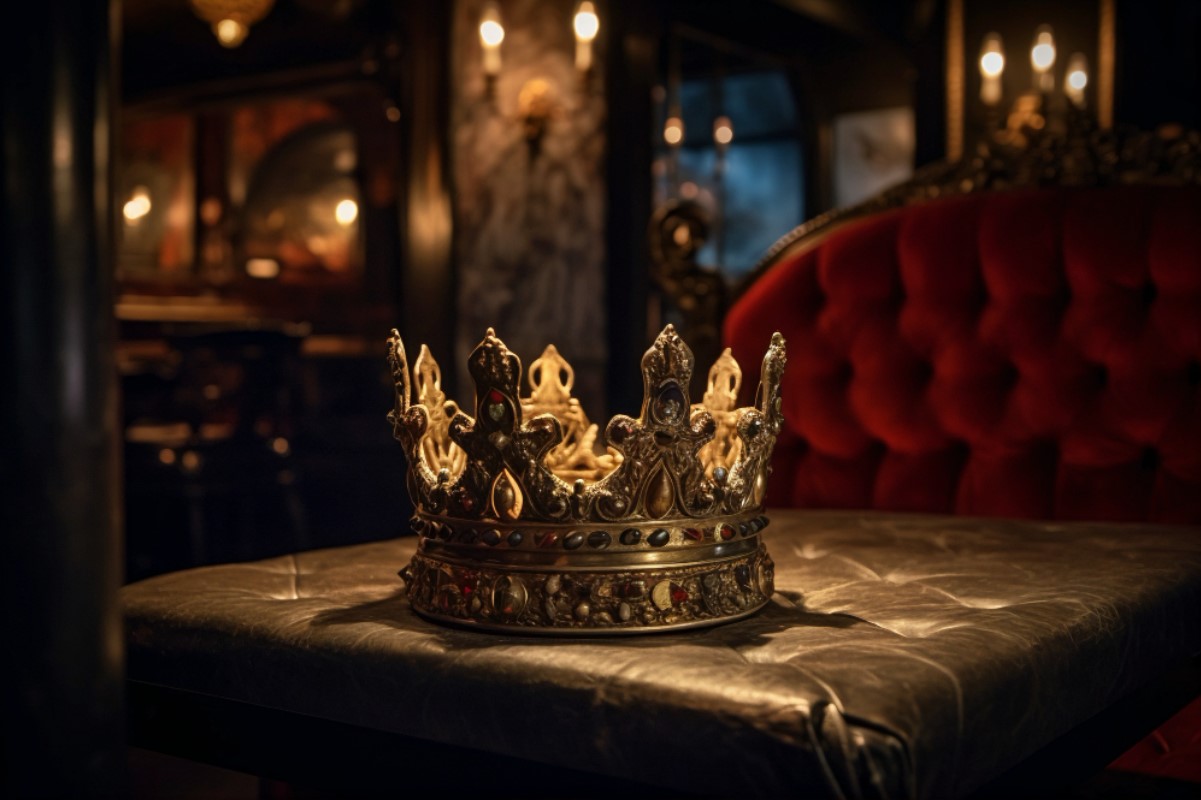
By the early part of 1781, the tide of the war had turned in favor of the American forces, and conflict was eventually dying down.
Yet, after hearing that King George III’s son would be in New York City, Washington devised a plan to kidnap the royal.
Prince William Henry Arrives in New York
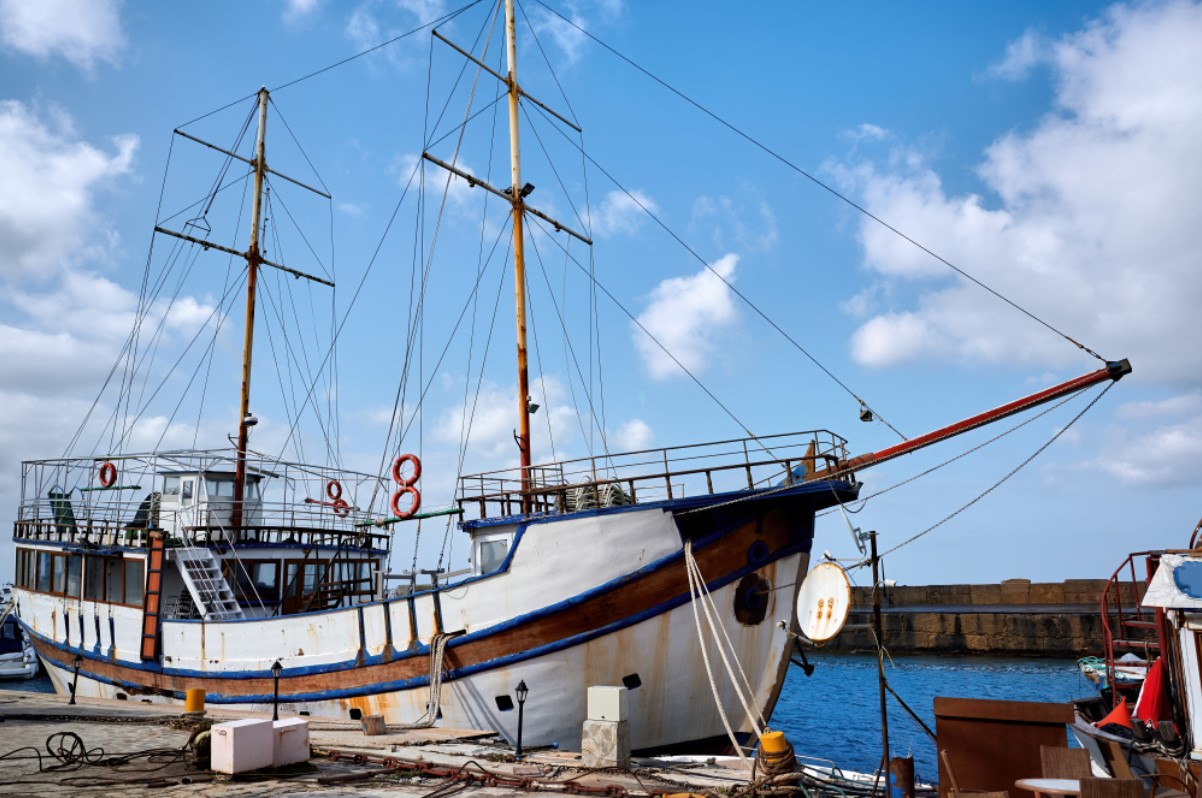
Prince William Henry was the youngest of King George’s three sons and was likely never going to sit on the British throne.
The royal sailed into New York Harbor in September 1781. In the wake of his arrival, Washington was sure if he captured the prince, he could exchange him for several American soldiers who were suffering aboard the Jersey British prison ship.
Ogden’s Captivating Plan

The plan was originally devised by Colonel Matthias Ogden of the 1st New Jersey Continentals.
“The spirit and enterprise so conspicuous in your plan for surprising in their quarters and bringing off Prince William Henry and Admiral Digby merits applause, and you have my authority to make the attempt in any manner, and at such a time, as your own judgment should direct,” Washington wrote during the period.
Difficulties Begin to Arise
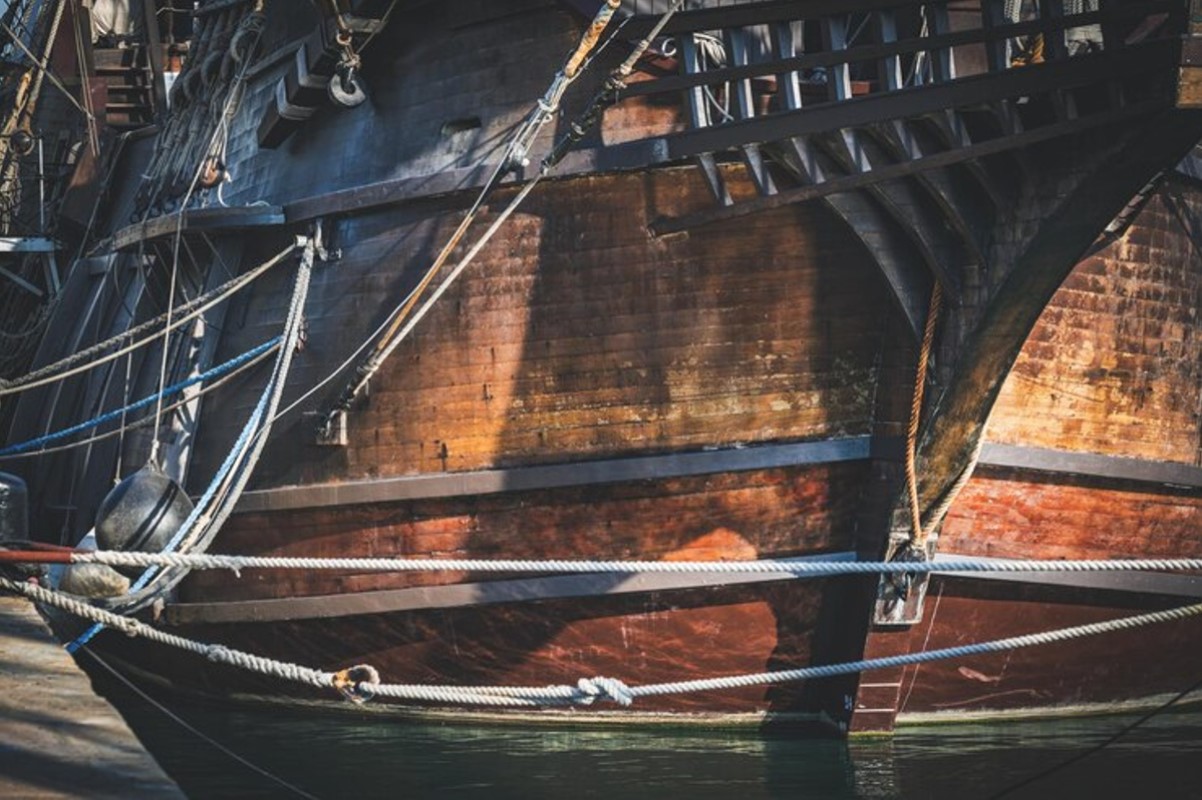
Being the son of the British king meant it would be no easy task to take the prince captive. Prince William seldom left the British warship he was stationed on in the harbor.
However, he did have a home in Manhattan. The prince also ventured to the home of Commodore Edmund Affleck on several occasions, and when he did, American rebels noticed he was lightly guarded.
Ogden Begins to Build a Crew
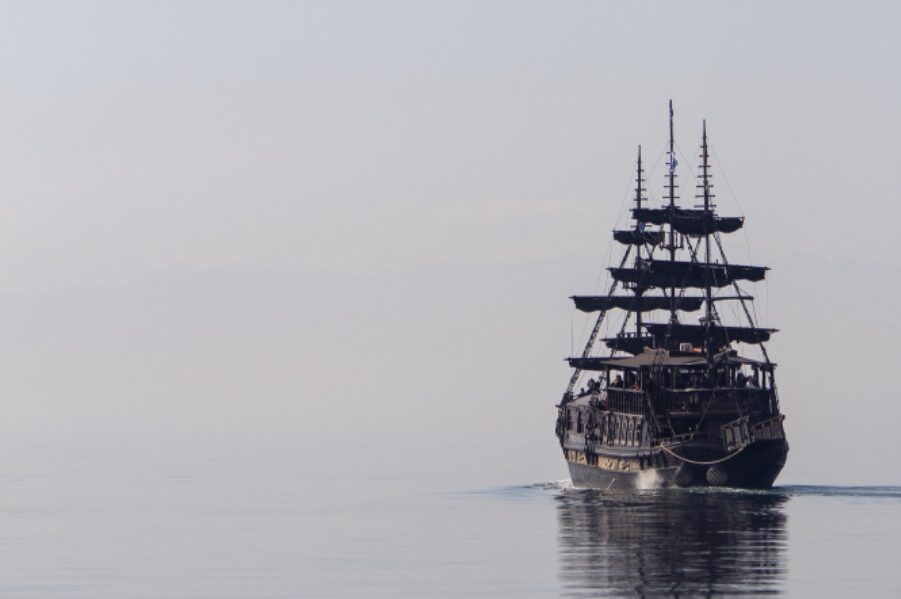
Ogden’s initial plan was to strike and capture the prince as he stayed at his city quarters and quickly escort them away from the island of Manhattan.
He would use a crew consisting of a captain, several sergeants, a subaltern, and over 30 soldiers to carry out the plan.
Getting the Prince out of Manhattan

The crew would leave New Jersey late in the evening and come in through the tip of Manhattan, leading them down the east river and into the lower part of the island.
While the intelligence was solid, both Ogden and Washington were well aware that New York City was crawling with British soldiers, and a confrontation might occur.
Kidnapping Never Comes to Fruition

The final portion of the plan would see Colonel Ogden and several members of his crew kidnap the prince from his quarters in the city armed with axes and crowbars, before returning to the boats that awaited them to flee.
However, eventually, word got out that the American rebels had been hatching a plan to kidnap the British prince, and so the plan never came to fruition.
Washington Receives News from Spy

Washington received news from a spy positioned in New York City, explaining that precautions to ensure the safety of Prince William had been increased.
The future president would later warn Ogden of the news, which ultimately brought about the cancellation of the plan. Had Washington and Ogden successfully kidnapped the British prince, it would have remained the most daring of the Revolutionary War era.


